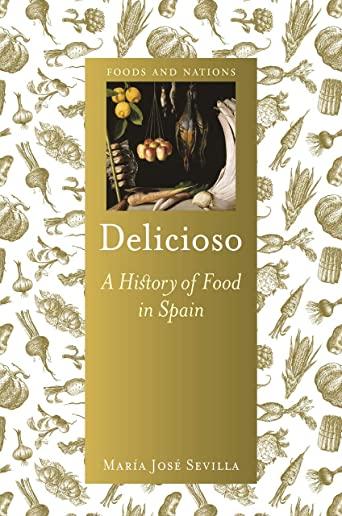
description
4Spanish cuisine is a melting-pot of cultures, flavors, and ingredients: Greek and Roman; Jewish, Moorish, and Middle Eastern. It has been enriched by Spanish climate, geology, and spectacular topography, which have encouraged a variety of regional food traditions and "Cocinas," such as Basque, Galician, Castilian, Andalusian, and Catalan. It has been shaped by the country's complex history, as foreign occupations brought religious and cultural influences that determined what people ate and still eat. And it has continually evolved with the arrival of new ideas and foodstuffs from Italy, France, and the Americas, including cocoa, potatoes, tomatoes, beans, and chili peppers. Having become a powerhouse of creativity and innovation in recent decades, Spanish cuisine has placed itself among the best in the world. This is the first book in English to trace the history of the food of Spain from antiquity to the present day. From the use of pork fat and olive oil to the Spanish passion for eggplants and pomegranates, Mar a Jos Sevilla skillfully weaves together the history of Spanish cuisine, the circumstances affecting its development and characteristics, and the country's changing relationship to food and cookery.
member goods
No member items were found under this heading.
Return Policy
All sales are final
Shipping
No special shipping considerations available.
Shipping fees determined at checkout.







